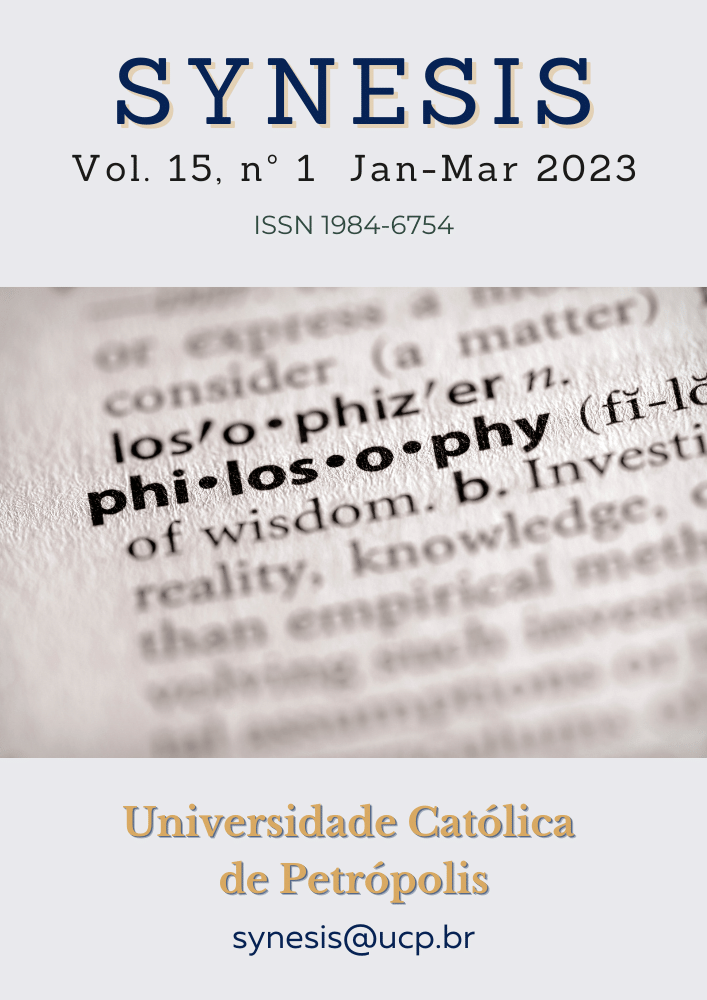Abstract
This study endeavoured to analyse the impacts of critical thinking guidance on reading comprehension limits as well as the effect of discussion on EFL understudies' critical thinking. There is a positive connection between etymological capability and critical thinking abilities, as per studies. As a result, the Nelson test was used to homogenise 60 middle school students before they were separated into two exploratory and control groups. A reading comprehension pre-test and a critical thinking evaluation pre-test were then given to the two groups. Through the course of the term, the exploratory gathering took part in 8 groups of treatment involving debate as a classroom activity. As a post-test, comparative tests were directed at the two gatherings. The examination of the assembled information uncovered a significant contrast between the two groups on the perusing understanding test, yet the distinction on the basic thinking test was not especially huge. Notwithstanding, the outcomes truly do suggest that teaching decisive reasoning in an EFL setting can further develop language learning. The survey makes suggestions for instructors, understudies, and educators.
References
Alam S. (2022). Imagine, integrate, and incorporate: English language and its pedagogical implications in EFL classrooms. Rupkatha Journal on Interdisciplinary Studies in Humanities, 14(2). https://doi.org/10.21659/rupkatha.v14n2.10
Alam, S, Karim, M. R., & Ahmad, F. (2020). Process drama as a method of pedagogy inESL classrooms: articulating the inarticulate. Journal of Education Culture and Society, 11(1), 255-272. https://doi.org/10.15503/jecs2020.1.255.272
Alam, S., & Al-Hawamdeh, B. O. S. (2022). Dynamics of integration of process drama in EFL classrooms: A holistic approach of activity-based pedagogy. e-mentor, 4(96), 70-81. https://doi.org/10.15219/em96.1580
Alam, S., Al-Hawamdeh, B. O. S., Ghani, M. U., & Keezhatta, M. S. (2021). Strategy of improvising drama in education: praxis of pedagogy in EFL/ESL context. The AsianESP Journal, 23-41. https://www.asian-esp-journal.com/esp-17-4-2-2021.
Alam, S., Faraj Albozeidi, H., Okleh Salameh Al-Hawamdeh, B., & Ahmad, F. (2022). Practice and principle of blended learning in ESL/EFL pedagogy: strategies,techniques and challenges. International Journal of Emerging Technologies in Learning, 17(11), 225-241. https://doi.org/10.3991/ijet.v17i11.29901
Alexander, L. G. (1973). For and Against. London. Longman Group Limited.
Al-hawamdeh, B. O. S., & Alam, S. (2022). Praxis and effectiveness of pedagogy during pandemic: an investigation of learners' perspective. Education Research International. https://doi.org/10.1155/2022/3671478
Asgharheidari, F., & Tahriri, A. (2015). A survey of EFL teachers' attitudes towards critical thinking instruction. Journal of Language Teaching and Research, 6(2), 388.
Djuranovic, M. (2003). The Ultimate Lincoln-Douglas Debate Handbook. Retrieved Sep, 16, 2008.
Ennis, R. H. (2013). Critical thinking across the curriculum (CTAC).
Fahim, M., & Sa'eepour, M. (2011). The Impact of Teaching Critical Thinking Skills on Reading Comprehension of Iranian EFL Learners. Journal of Language Teaching & Research, 2(4).
Fisher, A., & Scriven, M. (1997). Critical thinking its definition and assessment. Centre for research in Critical Thinking.
Freeley, A. J., & Steinberg, D. L. (2013). Argumentation and debate. Cengage Learning.
Haines, S., Stewart, B., & Stewart, B. (2000). Landmark: Intermediate. Oxford University Press.
Halvorsen, A. (2005). Incorporating critical thinking skills development into ESL/EFL courses. The internet TESL journal, 11(3), 1-5.
Kabilan, M. K. (2000). Creative and critical thinking in language classrooms. The Internet TESL Journal, 6(6), 1-3.
Krieger, D. (2005). Teaching debate to ESL students: A six-class unit. The internet TESL journal, 11(2), 25-45.
Manel, M., Hassan, A., & Buriro, H. A. (2019). Learners’ Attitudes towards Teachers’ switching to the mother tongue (The Case of Secondary school learners in Algeria). Indonesian TESOL Journal, 1(1), 9-26.
Marashi, H., & Akbar-Hosseini, R. (2019). Using Convergent and Divergent Tasks through Critical Thinking in Writing Classes. Research in English Language Pedagogy, 7(2), 386-404.
Orszag, A. (2015). Exploring Finnish university students' perceived level of critical thinking.
Paul, R. (2004). The state of critical thinking today: The need for a substantive concept of critical thinking. Retrieved July, 15, 2009.
Paul, R., & Elder, L. (1990). Critical thinking. Rohnert Park, CA: Sonoma State University.
Paul, R., & Elder, L. (2006). Critical thinking reading & writing test. Tomales, CA: Foundation for Critical Thinking.
Peirce, B. (2005). Handbook of critical thinking resources. Retrieved September 14, 2008.
Reed, J. H. (1998). Effect of a model for critical thinking on student achievement in primary source document analysis and interpretation, argumentative reasoning, critical thinking dispositions, and history content in a community college history course. University of South Florida.
Schafersman, S. D. (1991). An introduction to critical thinking. Retrieved January 2, 2008.
Sumarni, W., Supardi, K. I., & Widiarti, N. (2018, April). Development of assessment instruments to measure critical thinking skills. In IOP Conference Series: Materials Science and Engineering (Vol. 349, No. 1, p. 012066). IOP Publishing.
Widyantoro, A. (2017). Developing English textbooks oriented to higher order thinking skills for students of vocational high schools in Yogyakarta. Journal of Language Teaching and Research, 8(1), 26.
Zhao, C., Pandian, A., & Singh, M. K. M. (2016). Instructional Strategies for Developing Critical Thinking in EFL Classrooms. English Language Teaching, 9(10), 14-21.

This work is licensed under a Creative Commons Attribution-NonCommercial-NoDerivatives 4.0 International License.
Copyright (c) 2023 Synesis (ISSN 1984-6754)

